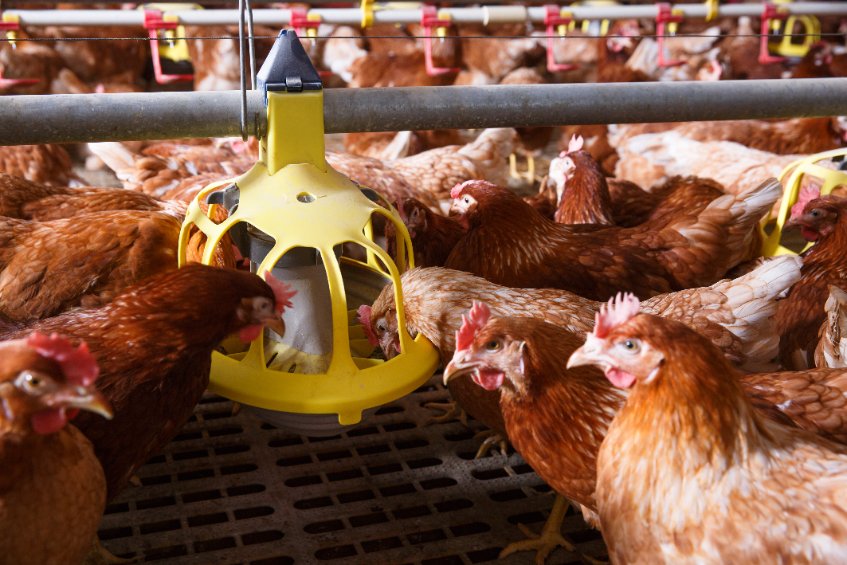Big spike in bird flu cases raises concerns at World Organisation for Animal Health

The World Organisation for Animal Health (OIE) has expressed concern about a big spike in highly pathogenic avian influenza in Europe.
The number of cases of highly pathogenic H5N8 surged by nearly 75 per cent between December and January as outbreaks were confirmed in the United Kingdom and 17 other European countries.
Nearly 1.6 million poultry have been culled as a result of the virus.
Dr Neo Mapitse, deputy head of department with the OIE, told FarmingUK that countries needed to ensure that strict bio-security measures were enforced to prevent the virus spreading.
But he said he saw no immediate prospect of being able to eradicate AI.
Dr Mapitse said: “There is a lot of measures the industry can use to protect themselves. When countries receive outbreaks of highly pathogenic avian influenza in wild birds, this should not affect trade in poultry. It is up to specific countries to adopt good biosecurity to ensure the disease does not spread.”
Wales' Rural Affairs secretary Lesley Griffiths said the country should expect more cases of avian flu in poultry cover the coming weeks.
She said: “I cannot stress enough the need for those who keep poultry flocks and other domestic birds to remain alert for signs of the disease, to contact their private veterinarians if they have any concerns and to practice the highest levels of biosecurity.”
'Ensure good biosecurity'
The UK's Chief Veterinary Officer, Nigel Gibbens, has issued practical advice for people with backyard poultry on how to limit the risk to their birds by complying with the prevention order which legally requires them to keep birds separate from wild birds and practising good biosecurity.
This is the same strain which was found in a backyard flock in North Yorkshire last week (6 January), in Carmarthenshire, Wales, earlier this month (3 January), at a turkey farm in Lincolnshire on the 16th December and in a number of wild birds in England, Wales and Scotland.
An Avian Influenza Prevention Zone that has been in place since 6 December has been extended until 28 February. The zone requires keepers of poultry and other captive birds to continue to keep their birds indoors, or take appropriate practical steps to keep them separate from wild birds.
Environment Secretary Andrea Leadsom and NFU president Meurig Raymond have both spoken out about the potential avian influenza threat.
They both told FarmingUK the British poultry industry was at risk due to backyard poultry keepers failing to follow safety rules.








